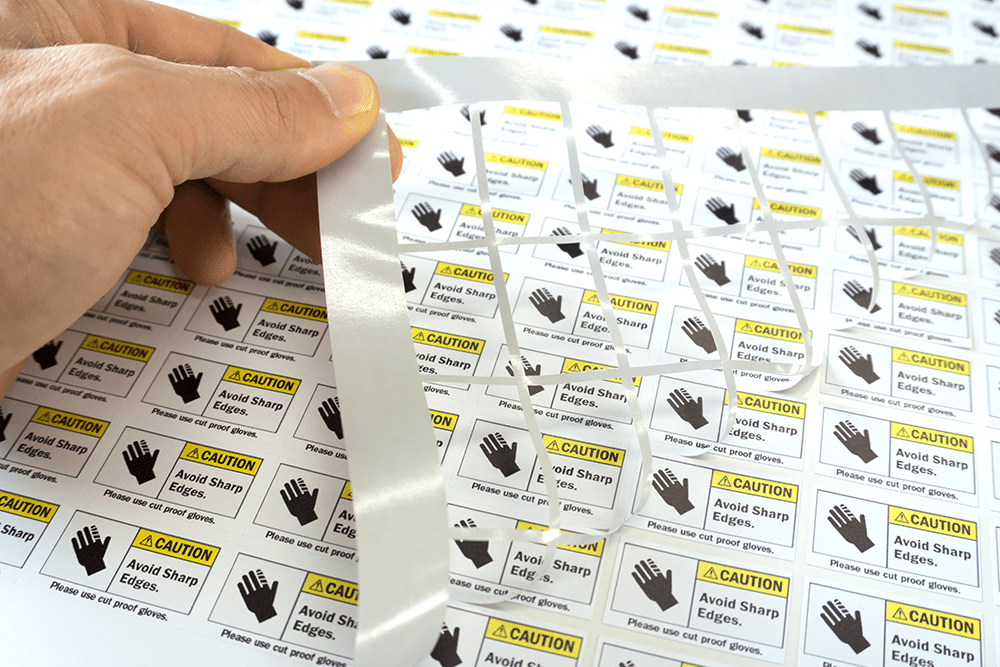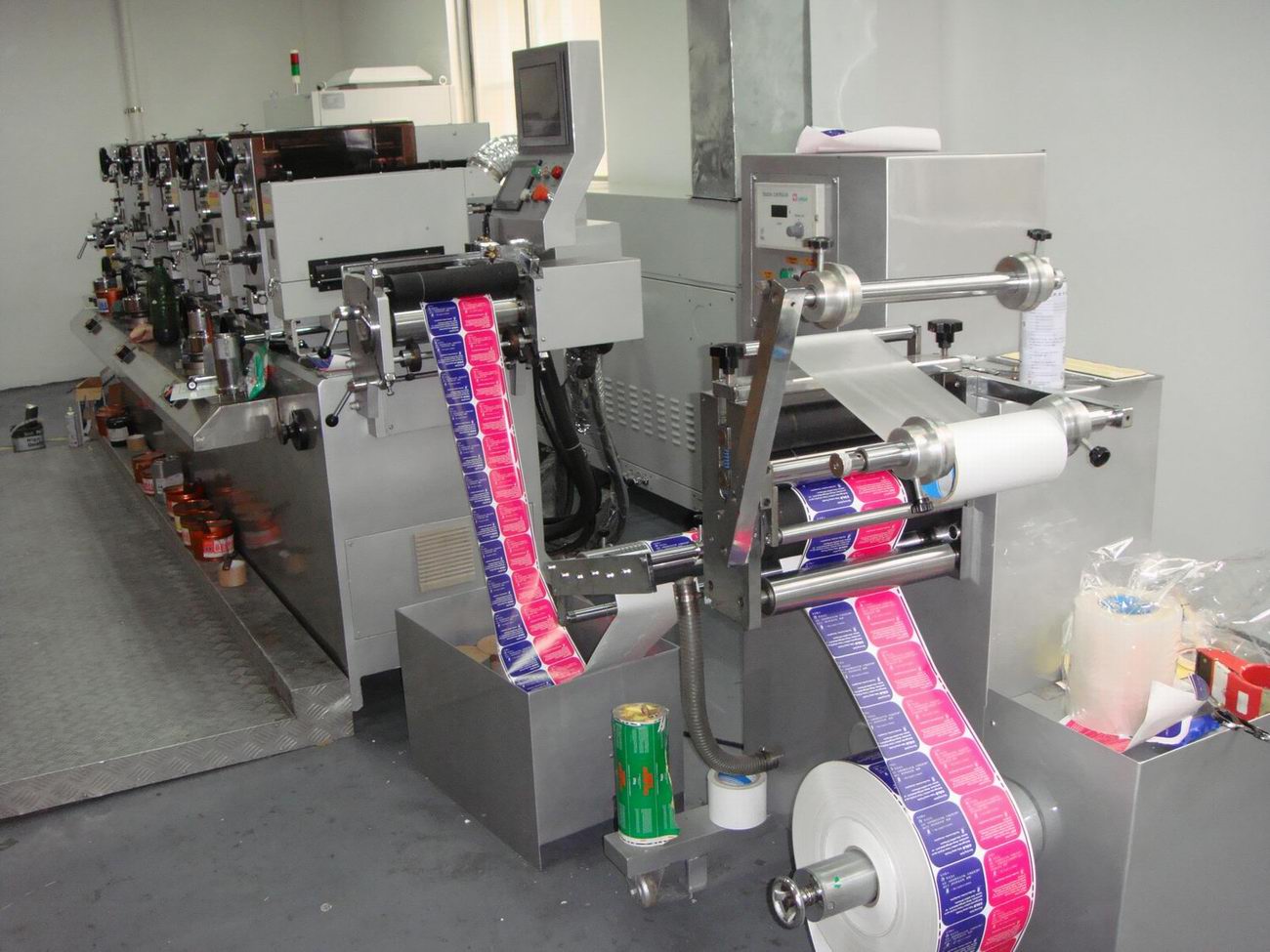How Much Do Co Packers Charge for Your Startup Needs?
Share
For tech professionals and enthusiasts venturing into the food manufacturing industry or launching a product line, a pivotal question arises: how much do co packers charge? Co-packers, or contract packagers, serve as essential partners. They handle the complexity of production, packaging, and often distribution, allowing entrepreneurs to focus on innovating and marketing their products. However, understanding their pricing models can significantly impact your budget and business strategy.
Before diving deep into the cost structures, its vital to comprehend the various factors influencing co-packing fees. These include the type of product being packaged, the volume required, and the intricacies of packaging design. Whether youre producing gourmet sauces or high-tech gadgets, knowing these details will aid in selecting the right co-packer without breaking the bank.

The Elements of Co-Packing Costs
The charge for co-packing can vary greatly due to several variables. Lets examine what specific factors come into play:
1. Type of Product
Your product type can significantly affect co-packing costs. For instance, perishable items generally incur higher fees due to the special handling and storage requirements necessary for products like food or beverages. In contrast, non-perishable items may be less costly to package. Specialized products, such as tech gadgets, might also require additional assembly or quality control measures, increasing fees.
2. Volume of Production
One rule of thumb is that the more you produce, the lower the per-unit cost. Most co-packers offer tiered pricing, where larger orders lead to reduced costs per unit. Its essential to project your initial sales and long-term goals carefully. Research shows that planning for scalability will make negotiations smoother, as many co-packers prefer to work with clients who have a good handle on their production needs.
3. Packaging Specifications
The design and material requirements of your packaging can also influence charges. Customized packaging that requires specialized printing, unique materials, or special configurations will generally cost more. Consider options for generic packaging if you aim to keep costs low, at least during the initial stages.
Average Co-Packing Costs
Now that we've outlined the factors that contribute to co-packing costs, lets take a look at the average charges one can expect within the industry:
Startup Projects
For startups, typical fees can range from $0.10 to $2 per unit depending on the factors mentioned above. This range often includes labor, materials, and overhead. It is advisable to obtain quotes from several co-packers and request a detailed breakdown of their pricing structures. Comparing these specifics will help separate the budget-friendly from the premium options.
Medium to Large Scale Operations
As your company's needs grow, you might find that costs per unit typically decrease due to economies of scale. Rates can potentially drop as low as $0.05 per unit for larger orders, declining further if specific conditions are met. Again, ensure you consider potential savings on shipping and other logistics that might come into play.
Negotiating with Co-Packers
Negotiation is often crucial in securing the best pricing with co-packers. Here are a few tips:
1. Be Transparent
Being open about your business model and expected volumes can facilitate a smoother negotiation process. This transparency allows co-packers to understand your needs and offer their best pricing structure.
2. Build Relationships
Establishing a relationship with co-packers fosters trust and may result in better rates and more favorable terms over time. Build rapport with your contact person to create a win-win relationship.
3. Leverage Multiple Quotes
Never settle for the first offer you receive. Reach out to multiple co-packers and discuss your project. This process not only helps you gauge the market rates but also provides an opportunity to solicit competing quotes.
Internal Resources for Further Insights
For tech enthusiasts keen on complementing their packaging and labeling knowledge, here are some resources that would be beneficial:
- Thermal Label Duration
- Starting Label Business
- Labeling Digital Photos
- Improving Image Resolution
- Printing Clear Labels
Key Takeaways
In conclusion, knowing how much do co packers charge relies heavily on various factors, including product type, volume, and packaging specifics. Therefore, an astute understanding of your product and careful planning will aid considerably in negotiating favorable rates.

Frequently Asked Questions
1. What is a co-packer?
A co-packer is a third-party company that manufactures and packages products for other businesses. This service is crucial for startups without their production capabilities.
2. Do I need to provide packaging materials?
Some co-packers provide packaging materials, while others require you to supply them. Always verify packaging expectations during negotiations.
3. How can I find a reliable co-packer?
Research is key. Seek recommendations from industry peers, attend trade shows, or use online directories to find reputable co-packers.
As an Amazon Associate, I earn from qualifying purchases.
